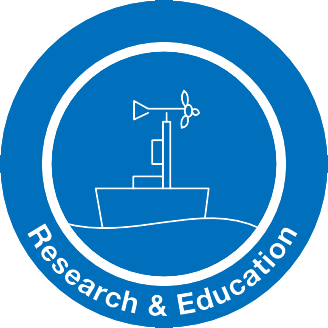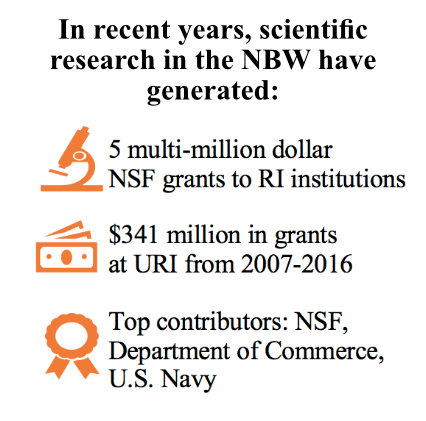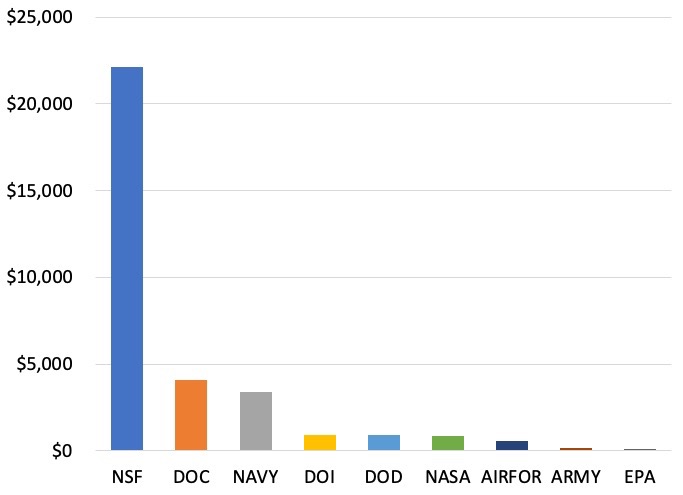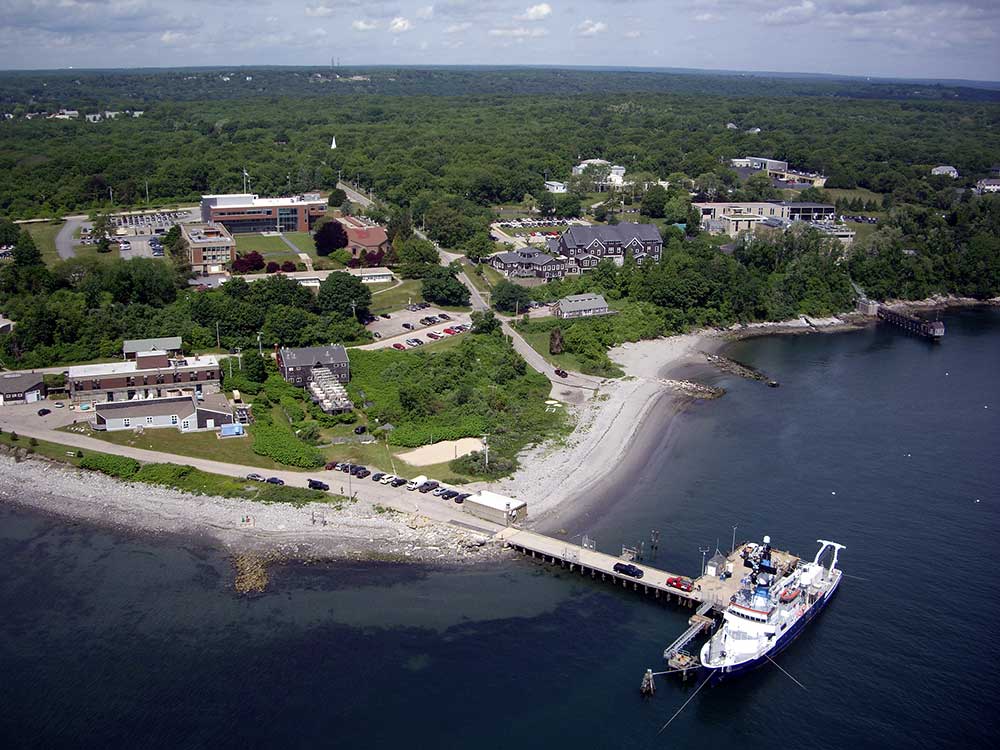

Recent Trends
The NBW has provided researchers with an ideal environment to study a broad range of marine related subjects, ranging from the impact of climate change on coastal ecosystems to the effectiveness of marine technology. In addition, there are numerous non-profit groups, such as Mass Audubon and Save The Bay, that engage the community through activities like public school visits and hands-on site work, or Watershed Watch, a citizen science group that monitors water quality. There are also government-funded organizations, such as the Narragansett Bay Estuary Project, which carry out extensive research and community outreach on the Bay.
- NBW academic institutions attract considerable grant money from the National Science Foundation (NSF): in recent years, the NSF has distributed five major grants to RI institutions through its Established Program to Stimulate Competitive Research (EPSCoR) program. These grants ranged from $6-20 million, focusing on marine life science, coastal ecosystems and climate change, water quality, and the impact of dams. These projects involved collaboration from academic institutions across the state, such as Brown University, the Rhode Island School of Design, and URI.
- URI is a major recipient of grants in the NBW: from FY 2007 to 2016, URI received over $341 million (2016 dollars) in grants from the NSF, the Department of Commerce (DOC), the U.S. Navy, the Department of the Interior (DOI), NASA, the U.S. Airforce, the U.S. Army, and the Environmental Protection Agency. The top agencies were NSF ($185 million), the DOC ($59 million), and the Navy ($37 million).
- Non-profits have cultivated considerable networks in the community: for example, Clean Ocean Access, conducted over 6,000 hours of outreach through 87 events as a single organization, reaching over 4,000 students from 2013 to 2017 in RI.

Future Outlook
With climate change impacting many aspects of coastal and marine ecosystems, the NBW is likely to continue to be a testbed to understand how ecosystems change, and how society and the economy adapt to changes. Compromised water quality as a result of increased precipitation, heavy storms, and increased stormwater is another pressing issue in the NBW. Ongoing work of academic institutions, government organizations, and non-profits will ideally continue to contribute valuable insight in supporting the health of marine ecosystems.
Read the full research and education chapter

